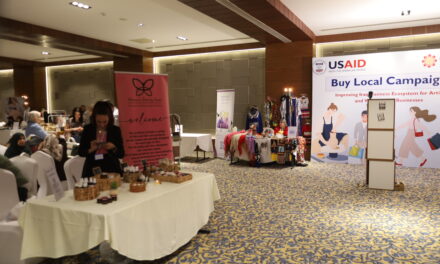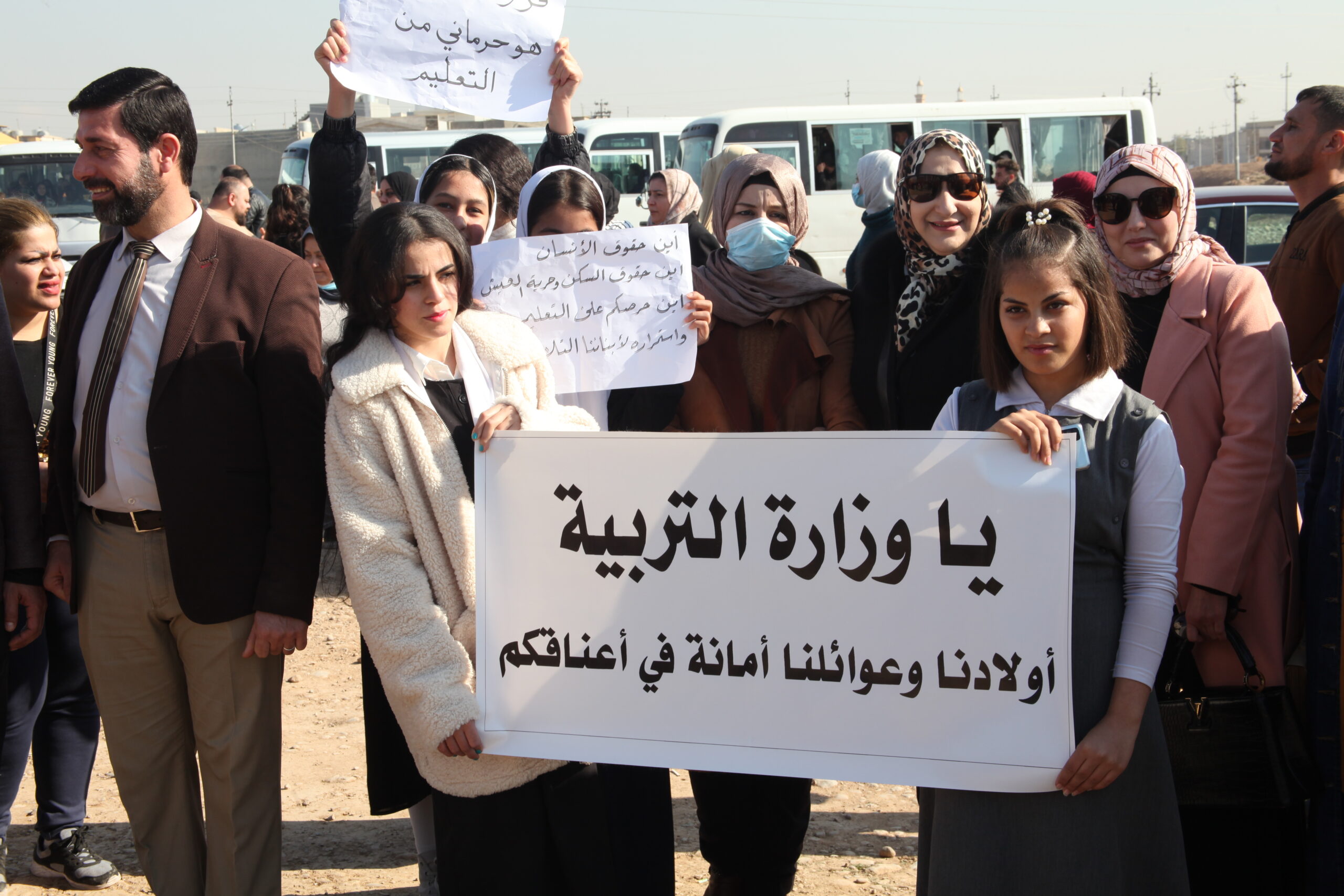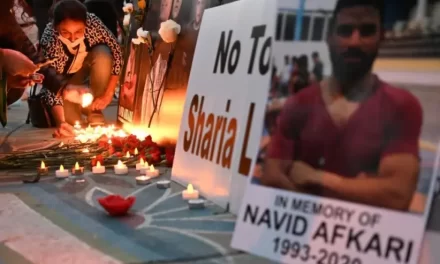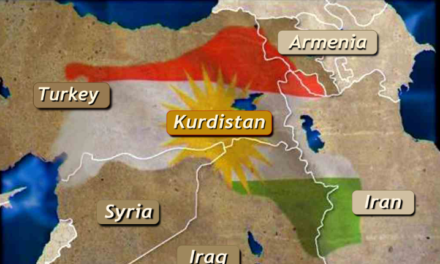Photo by: The Democratic Party of Iranian Kurdistan (PDKI) Website
Translation from Arabic to English/ Irfaa Sawtak
“Iran: Security forces kill Kurds transporting goods across the border,” is the title of a report published by Human Rights Watch on July 8, accusing Iranian authorities of “using excessive and lethal force against people, most of them Kurds, crossing the border from Iraq with goods to resell.”
The New York-based Human Rights Organization considered that the high rates of unemployment and poverty in Iranian Kurdistan, which are the motivations for working in this dangerous profession, are due to the Iranian authorities’ long-standing suppression and marginalization of Kurdish communities.
It saw, through a researcher, that “the Iranian security forces’ excessive use of lethal force against Kurdish cross-border cargo carriers is another means used by the authorities to suppress socially and economically marginalized Kurdish communities.”
At the same time, the organization urged Iranian authorities to “develop sustainable economic opportunities in border areas to reduce dependence on cross-border transport of goods, so that these communities can manage their affairs economically.”
The Story of Luqman
Luqman (a pseudonym) is an Iranian Kurdish man who has been working as a porter between the border areas of Iraqi Kurdistan and Iranian Kurdistan for 30 years. Due to the harsh conditions of poverty, he and others like him are forced to take daily risks to earn a few dollars that are barely enough to feed him and his family.
The porter, or “Kulbar” in Kurdish and Persian, usually transports goods from the Iranian side to sell them on the Iraqi side, and vice versa, in a journey that lasts 12 hours from one side to the other.
This profession has been active since the end of the Iraq-Iran war in the late 1980s, as a result of the deteriorating economic conditions, the effects of which are still felt to this day in the Kurdish regions.
“Poverty, high prices and unemployment force us to work in this dangerous profession. I have been injured several times as a result of being pursued by the Revolutionary Guards and Iranian border guards,” Luqman explains to “Irfaa Sawtak Website”.
Despite this, he still works. “We have to carry goods weighing more than 70 kilograms each time, and walk long distances through valleys and rugged mountains, in exchange for a commission ranging between $5 and $20.”
“We can only do this three times a month at most, if we are lucky and are not shot, arrested, or injured by the Revolutionary Guards and other Iranian security forces, or to add on, if the authorities don’t seize our cargo,” explains Luqman.
Luqman and the other porters spend about 12 hours crossing the border, entering Iraqi territory and unloading their cargo, which mostly consists of shoes, fabrics, tea and textiles. In return, they carry cigarettes, electronic products and cosmetics from Iraqi Kurdistan to the Iranian side, where traders are waiting to receive their goods.
He continues, “When we are arrested by the Iranian guards, they sometimes ask us to hand over our entire cargo in exchange for allowing us to pass and enter Iraqi territory, but despite carrying out their orders, they arrest us again and seize our cargo, and they do not stop there, but rather torture us with all kinds of torture and humiliate us,” as he put it.
Luqman points out that the journey of danger begins from the first moment they set off towards the border, where informants, the army, the Revolutionary Guards, and intelligence personnel begin pursuing them, using live ammunition directly to target them, whether they are pedestrians or inside vehicles.
35 Killed This Year
Statistics obtained by Raise Your Voice from the HANA Human Rights Organization (an Iranian Kurdish organization) indicate that about 271 porters were killed, injured, and arrested in the first half of 2024.
According to the organization, 35 porters were killed, 26 of them by direct fire from Iranian border guards, 7 others due to natural accidents, and two others were killed in a traffic accident after being chased by Iranian forces.
The number of injured porters reached 218, 179 of whom were injured by direct fire from Iranian border guards, 13 in natural accidents, and 13 others were injured after being beaten and tortured by Iranian security forces, while 9 porters were injured in a traffic accident after being chased by Iranian border guards, and four others were injured after being exposed to a landmine explosion.
The head of the Hana organization, Hamid Bahrami, told Irfaa Sawtak Website that the Iranian authorities are targeting porters for “security, political and economic reasons.”
He added, “The Iranian regime views the border areas, including Iranian Kurdistan in a hawk-eyed manner and considers them a threat to it, so it continues to marginalize them, deprive them of all services and make their people suffer from poverty for 44 years since it took power.”
As for the economic factor, Bahrami believes that the Iranian forces are targeting porters because they consider them “the reason for the regime losing part of its revenues from customs taxes, as the porters’ goods are not subject to customs.”
In the same context, political analyst specializing in Iranian affairs, Soran Palani, says that “the Iranian regime is pressuring the residents of these areas to throw them into its security services as informants and mercenaries, but they refuse to work with it and do not submit to it.”
Therefore, they are forced to practice portering in order to be able to live amid the difficult economic conditions and high prices that their cities are witnessing, according to Palani.





